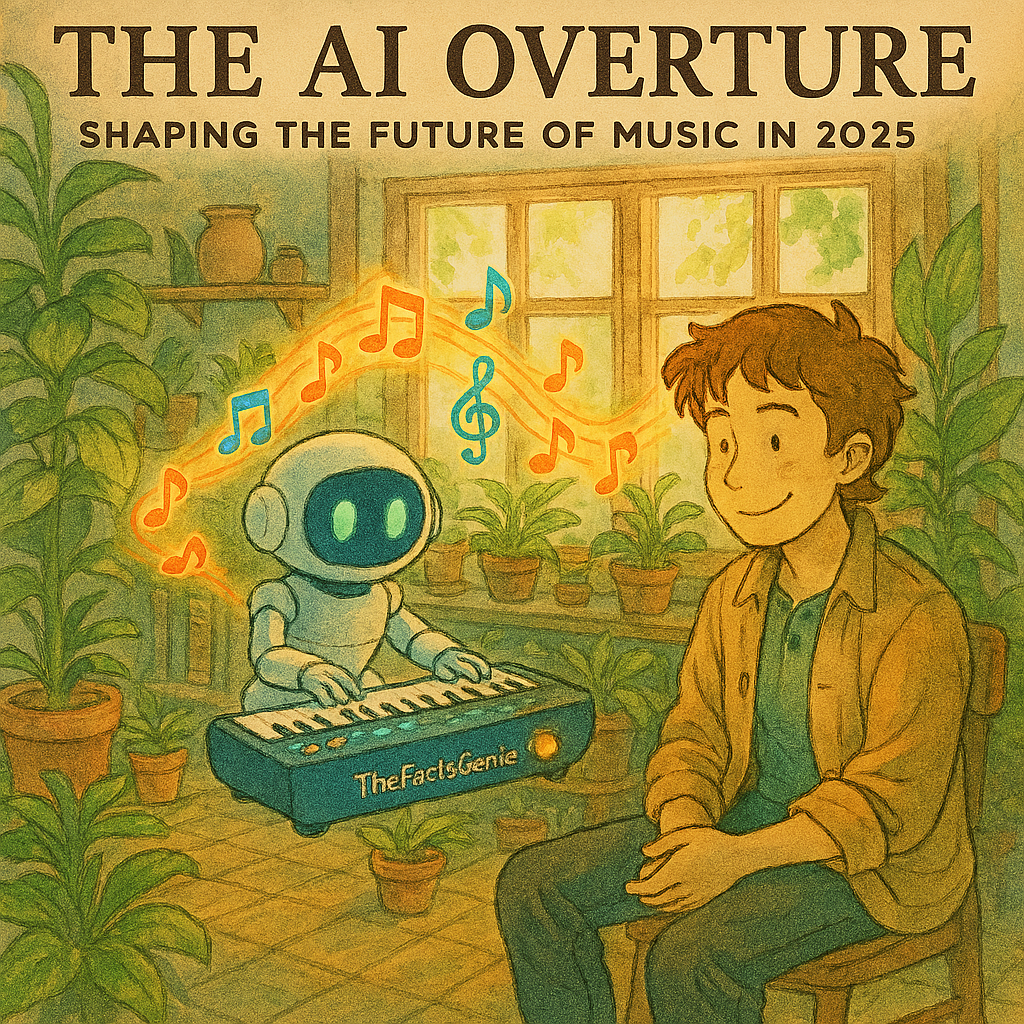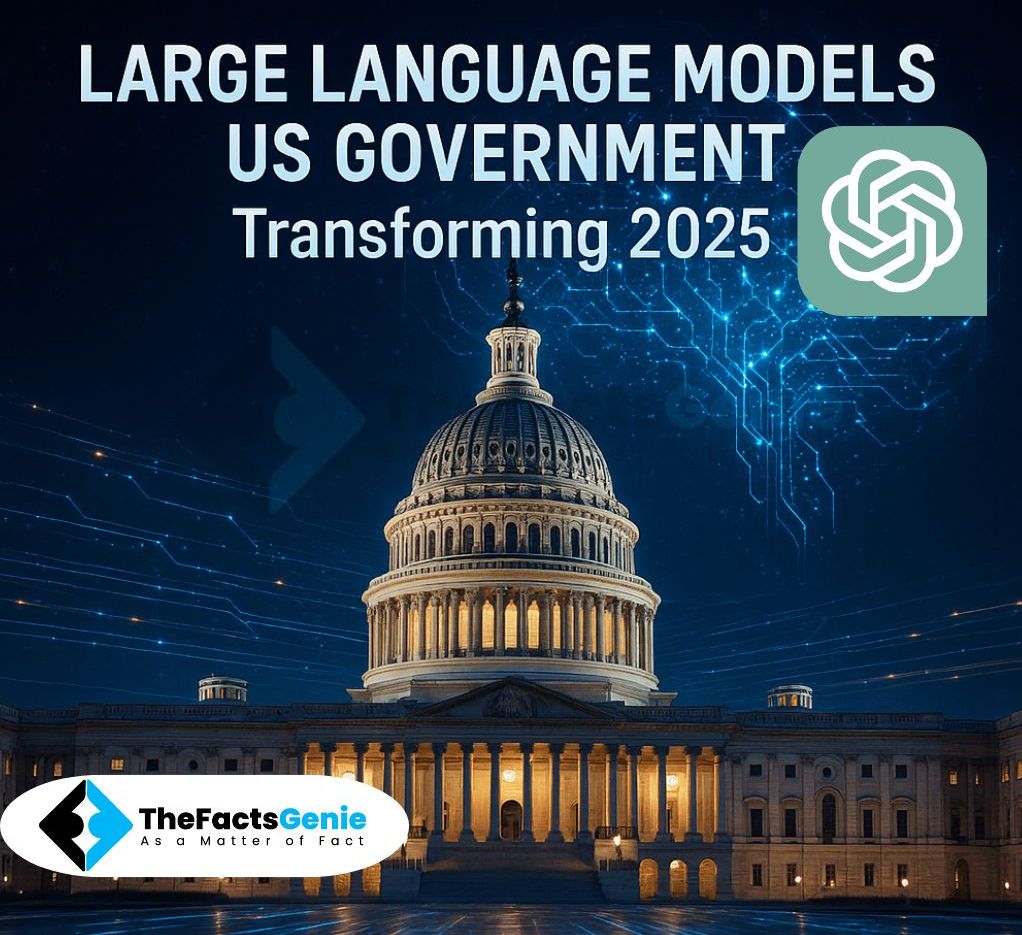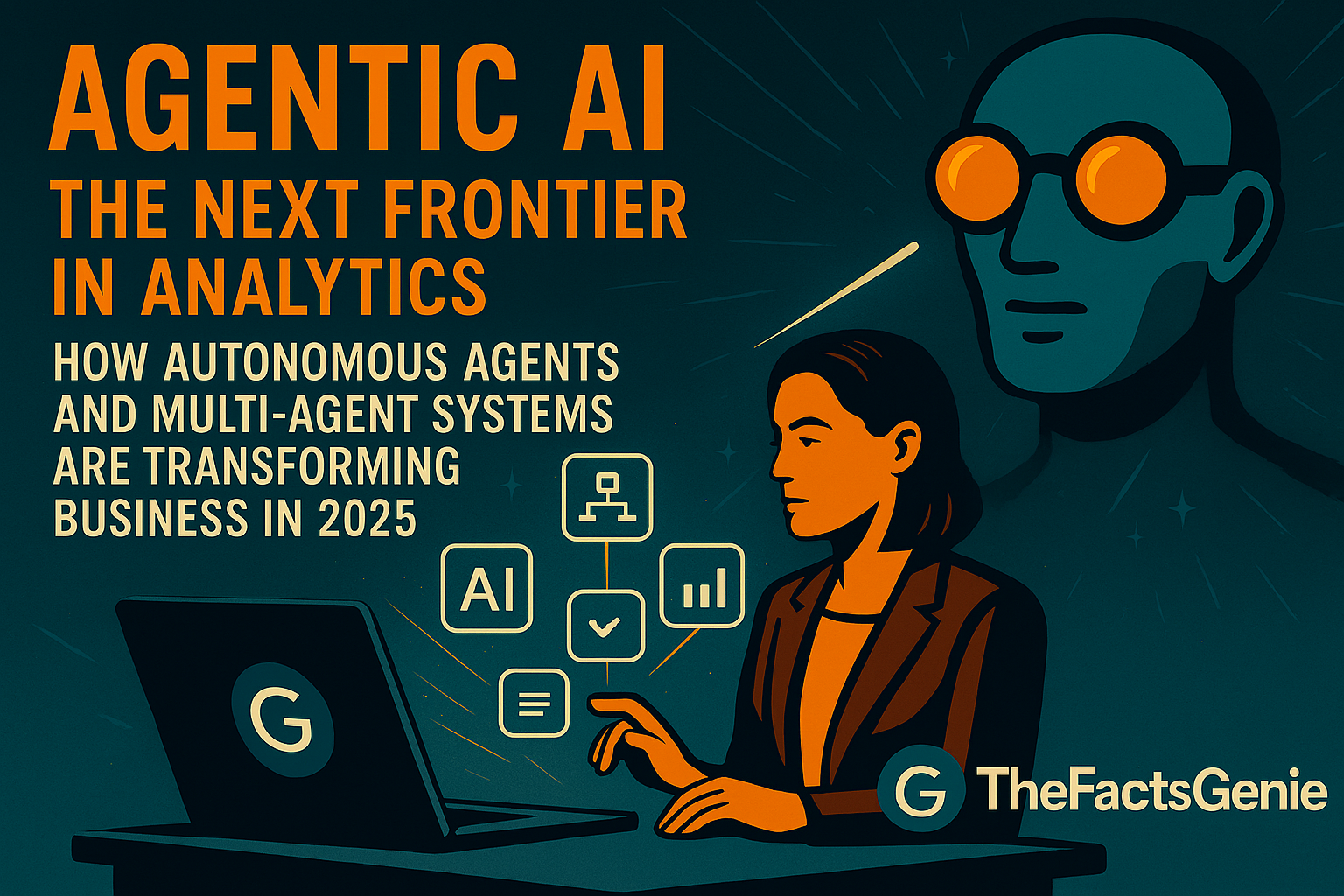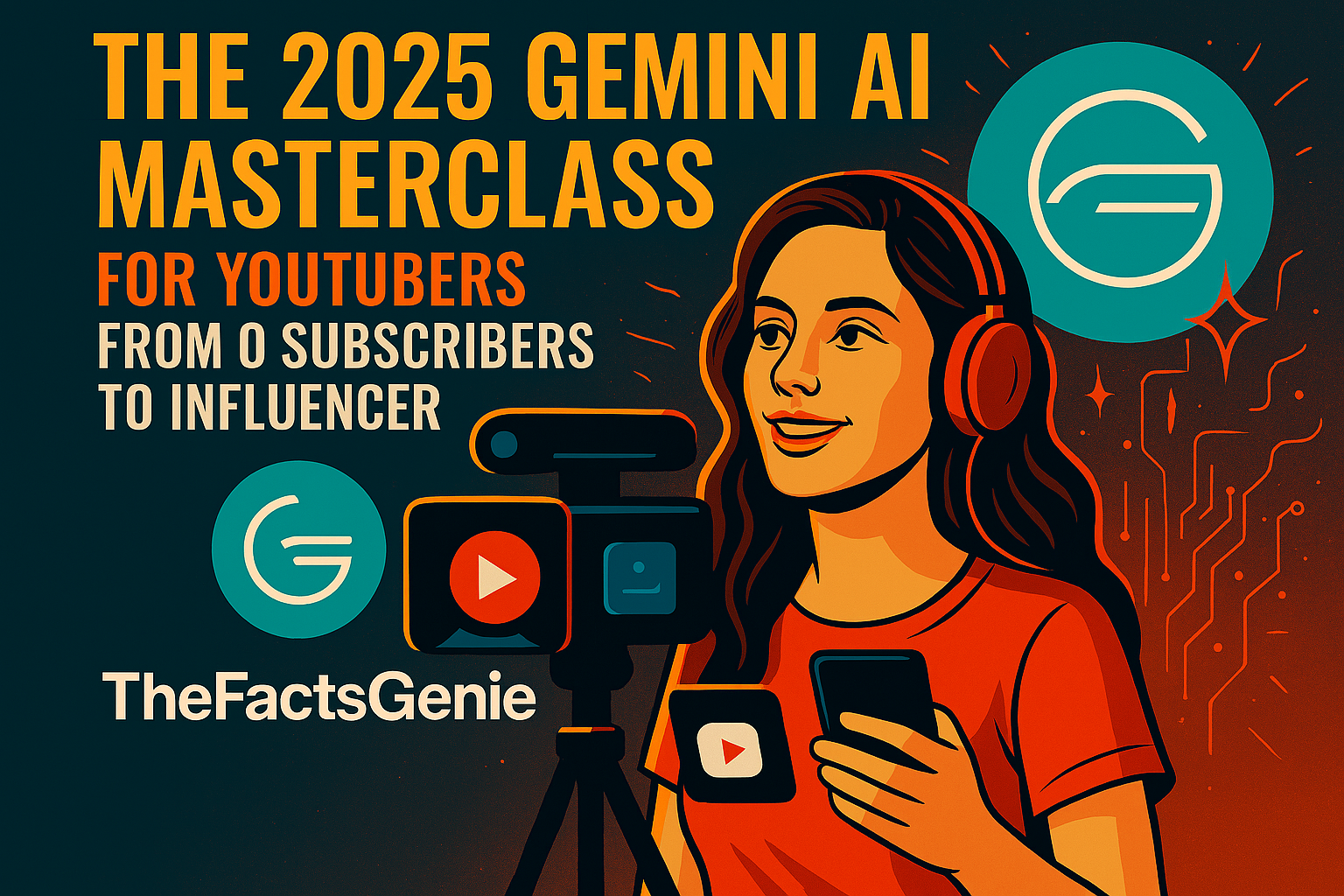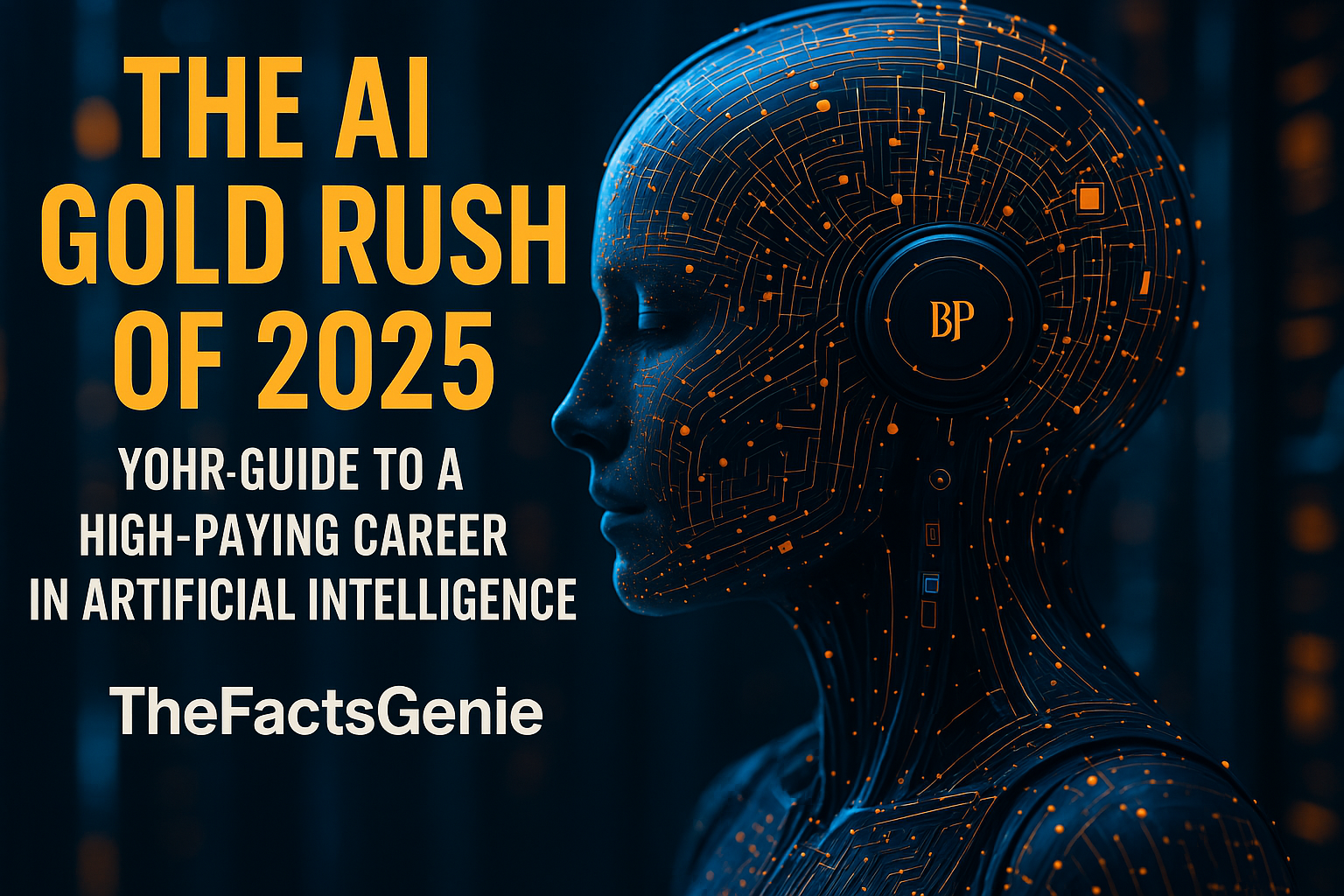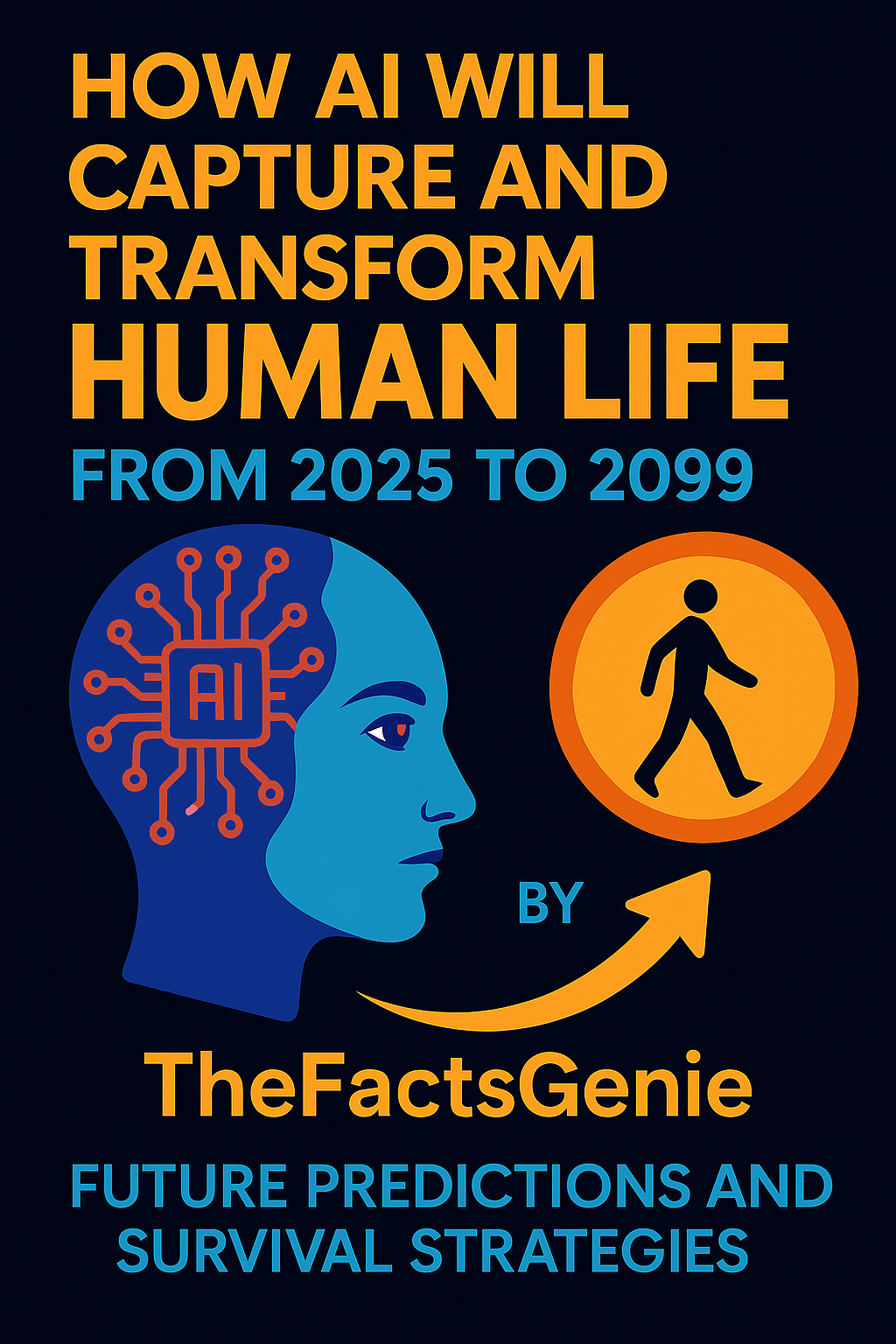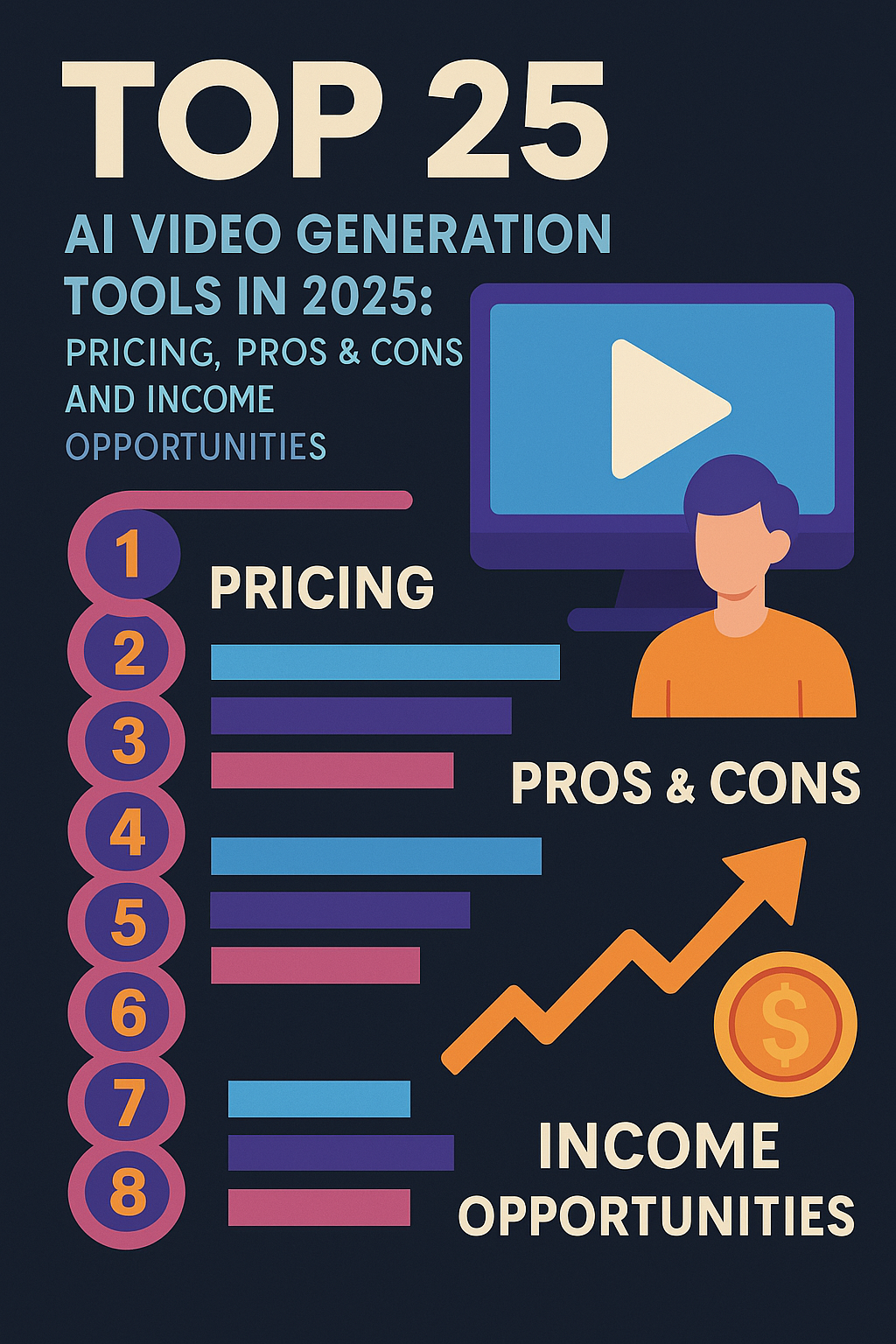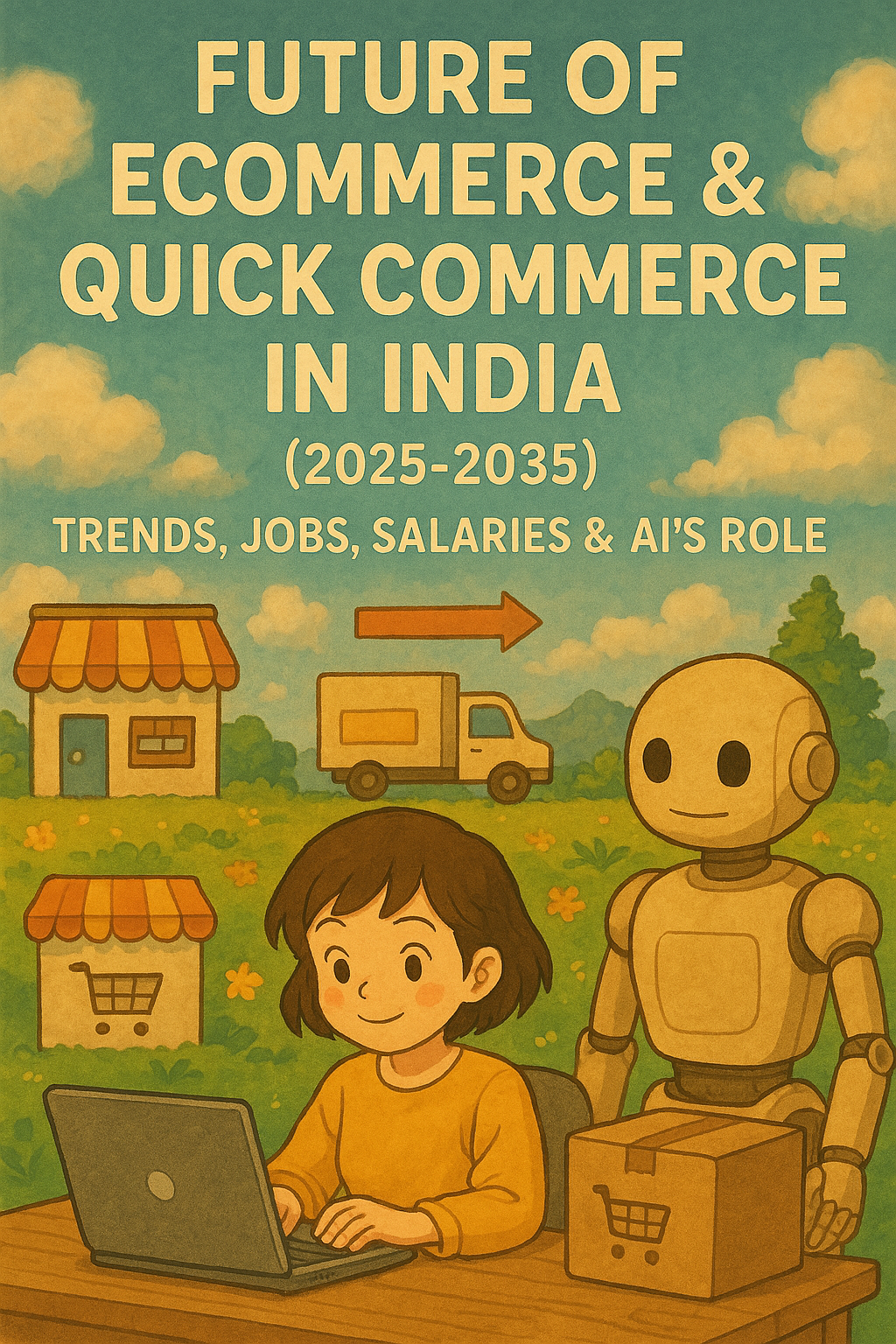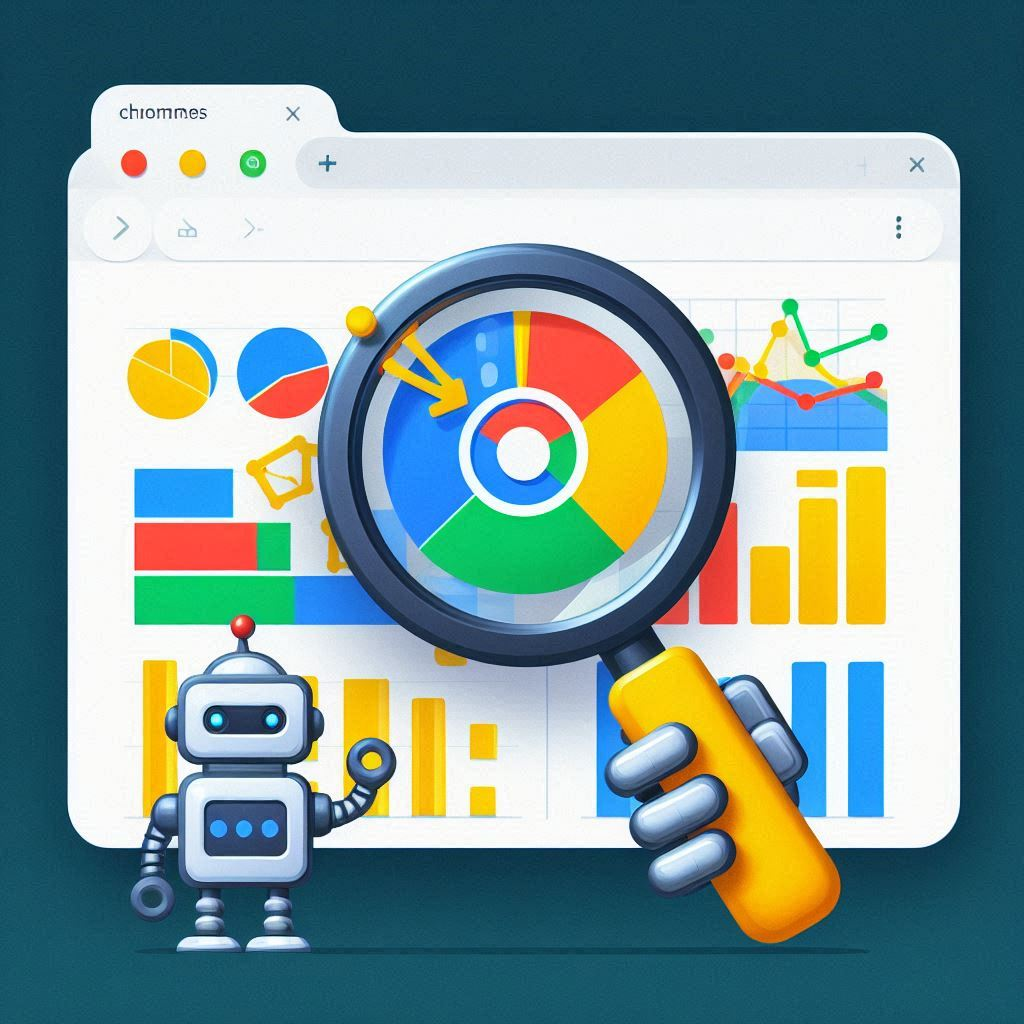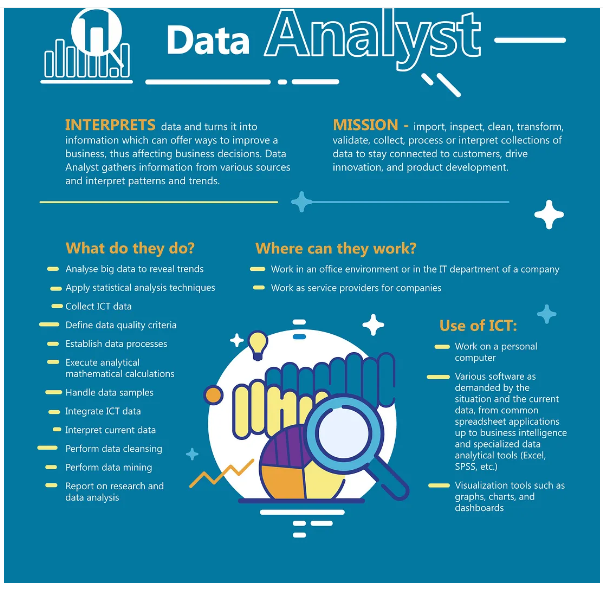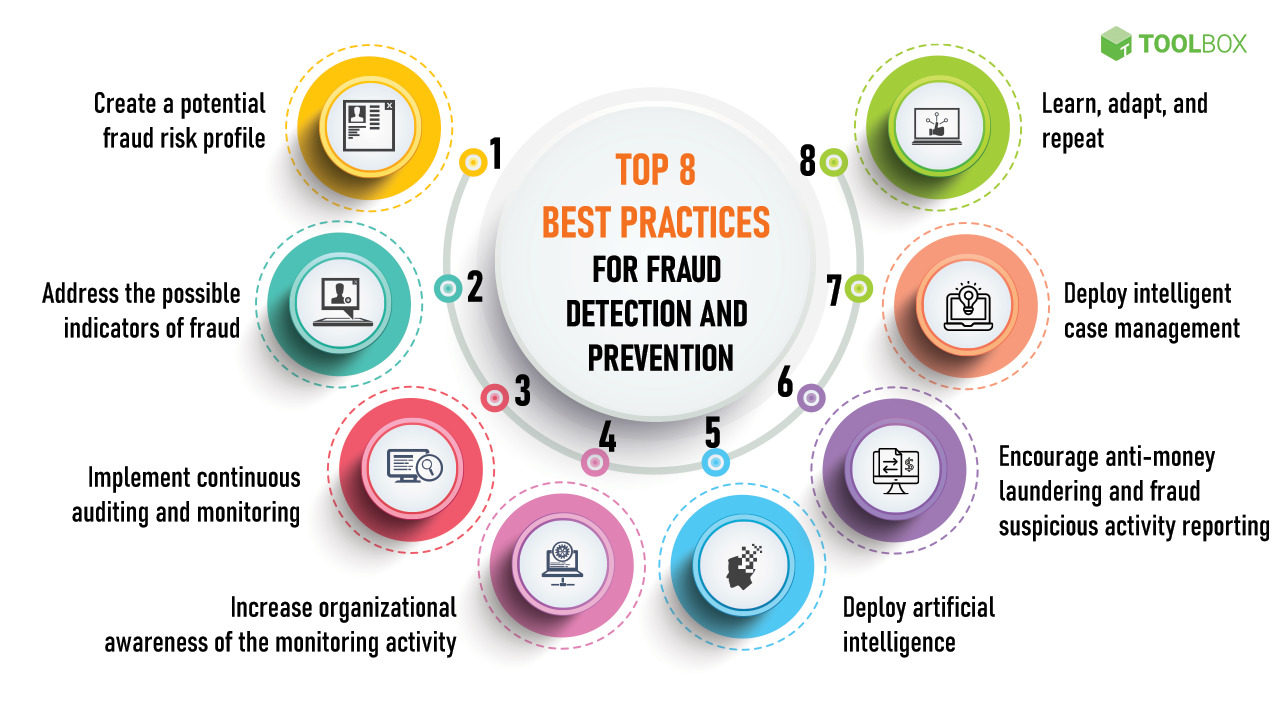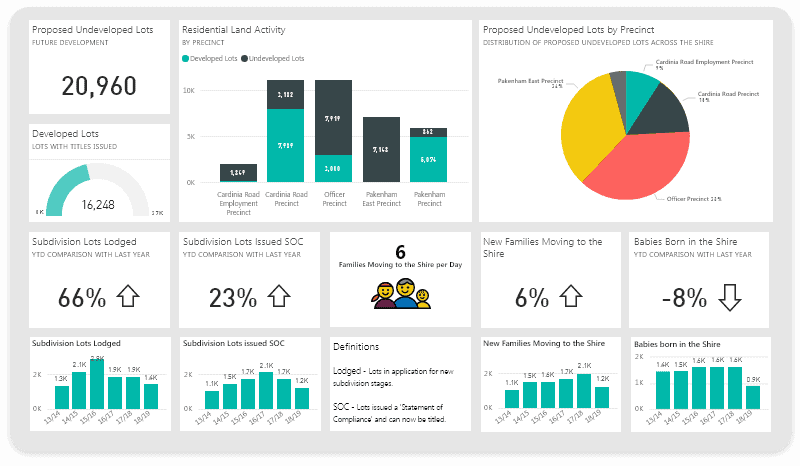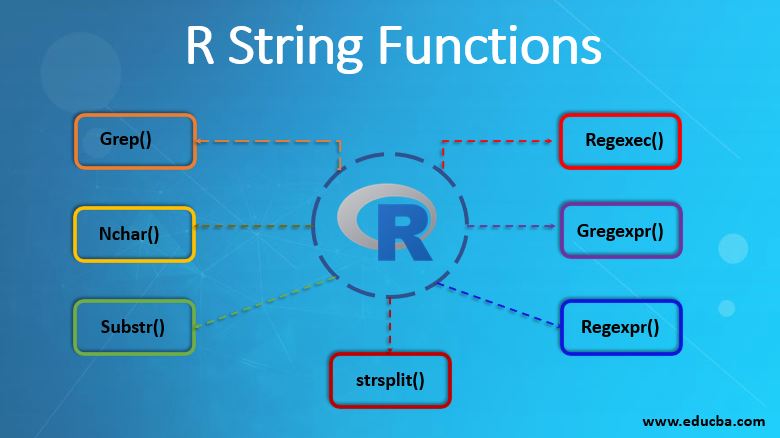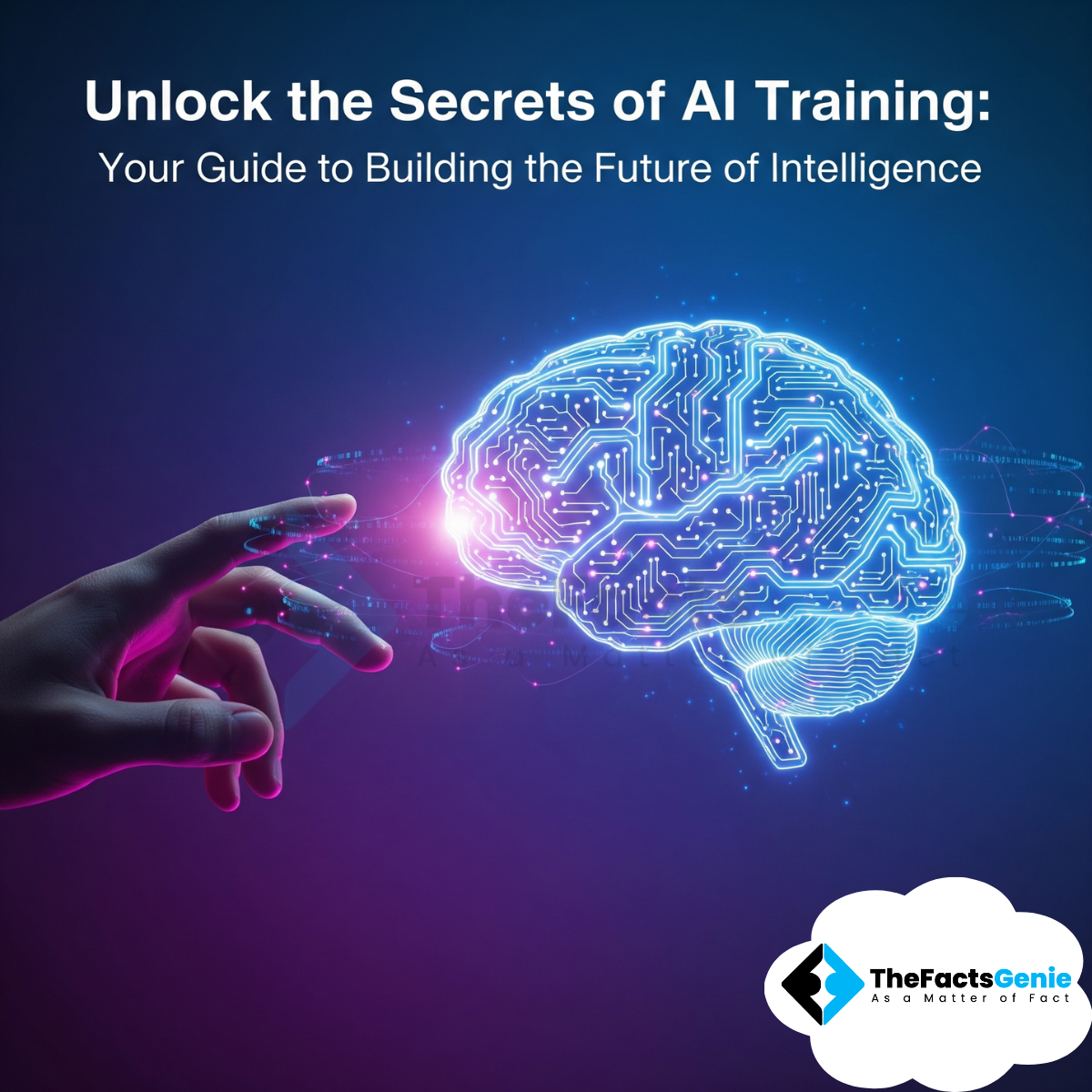
Dive into the fascinating world of AI model training! This comprehensive guide explains what it means to train an AI like ChatGPT, why it’s crucial, the steps involved, who can do it, career paths, required skills, and the exciting future of this cutting-edge field. Learn how you can be a part of shaping the next generation of intelligent machines.
“Unlock the Secrets of AI Training”
- The Hook: “Unlock the Secrets” This phrase immediately captures attention. AI is often perceived as a complex “black box.” This title promises to demystify it, making hidden or complicated knowledge accessible. It creates a sense of intrigue and empowers the reader, suggesting they are about to gain exclusive insight.
- The Core Topic: “of AI Training” This clearly and concisely states the subject matter. It’s the primary keyword for search engines and immediately tells the audience what the content is about. “AI Training” is specific—it’s not just about using AI, but about the fundamental process of creating its intelligence.
- “Your Guide to…” The Promise: “Your Guide” This phrase establishes a relationship of trust and mentorship with the reader. It signals that the content will be structured, comprehensive, and easy to follow. It’s not just a random collection of facts; it’s a curated pathway (“a guide”) designed to lead the reader from a state of not knowing to a state of understanding and capability.
“…Building the Future of Intelligence”
- The Vision: “Building the Future” This part of the title connects the technical skill of AI training to a grand, aspirational purpose. It elevates the topic from a mere job or skill to a world-changing endeavor. It appeals to the reader’s ambition and desire to be part of something meaningful and impactful.
- The Outcome: “of Intelligence” This clarifies the nature of the “future” being built. It’s not just about code or machines; it’s about creating a new form of intelligence. This is a powerful and futuristic concept that resonates with the cutting-edge nature of the AI field.
1. Comprehensive Analysis of AI Model Training
1. Meaning: Training an AI model involves feeding it vast amounts of data and adjusting its internal parameters to perform specific tasks, such as natural language processing, image recognition, or prediction. It’s the process by which an AI learns patterns and relationships in data to make intelligent decisions or generate content.
2. Description: The process begins with selecting a suitable AI architecture (e.g., transformer networks for language models). Then, a large, relevant dataset is curated and pre-processed. The model is fed this data, and its performance is evaluated against a defined loss function. Optimization algorithms (like gradient descent) are used to iteratively adjust the model’s weights and biases to minimize the loss and improve accuracy on the training data. This process can be computationally intensive and time-consuming, often requiring specialized hardware like GPUs.
3. Importance: Training AI models is critical because it’s the foundation of modern AI capabilities. Well-trained models power applications like search engines, virtual assistants, medical diagnosis tools, and autonomous vehicles. The performance and reliability of AI systems directly depend on the quality and extent of their training.
4. Benefits:
- Automation: AI can automate repetitive and complex tasks.
- Improved Efficiency: AI can process vast amounts of data quickly and accurately.
- Enhanced Decision-Making: AI can provide data-driven insights for better decisions.
- Personalization: AI can tailor experiences and services to individual needs.
- Innovation: AI drives the development of new products and services.
5. Advantages:
- Scalability: Once trained, AI models can be deployed and scaled easily.
- Consistency: AI performs tasks with consistent accuracy.
- Objectivity: AI decisions are based on data, reducing human bias.
- 24/7 Availability: AI systems can operate continuously.
- Handling Large Datasets: AI can process and learn from massive datasets that would be impossible for humans to analyze.
6. Dis-Advantages:
- Data Dependency: AI models require large, high-quality datasets.
- Bias: Models can inherit biases present in the training data.
- Lack of Transparency: The decision-making process of complex AI models can be opaque (“black box”).
- Computational Cost: Training large models requires significant resources.
- Potential for Misuse: AI can be used for malicious purposes.
7. Pros & Cons: * Pros: Automation, efficiency, data-driven insights, personalization, scalability, consistency. * Cons: Data dependency, bias, lack of transparency, high computational cost, potential for misuse.
8. Why to Study: The field of AI model training is rapidly growing and offers significant career opportunities. Understanding the principles and techniques of training AI is crucial for anyone wanting to contribute to this transformative technology. It involves interdisciplinary knowledge spanning computer science, mathematics, statistics, and domain expertise.
9. How to Study:
- Foundational Knowledge: Start with mathematics (linear algebra, calculus, probability), statistics, and computer science fundamentals (algorithms, data structures, programming).
- Machine Learning Basics: Learn about different types of machine learning (supervised, unsupervised, reinforcement learning) and common algorithms.
- Deep Learning: Focus on neural networks, their architectures (CNNs, RNNs, Transformers), and training techniques.
- Practical Experience: Work on projects, participate in coding competitions, and contribute to open-source projects.
- Stay Updated: Follow research papers, blogs, and attend conferences to keep up with the latest advancements.
10. Who can study: Individuals with a strong aptitude for analytical thinking, problem-solving, and technical skills can study AI model training. This includes students and professionals from computer science, engineering, mathematics, statistics, and related fields.
11. Eligibility: While specific eligibility criteria may vary depending on the learning program or job role, generally a bachelor’s degree in a relevant field is a common prerequisite. Strong programming skills (Python is essential), mathematical foundations, and an understanding of basic machine learning concepts are also important.
12. How a Fresher can achieve a career in this:
- Education: Obtain a relevant degree (Computer Science, AI, Data Science).
- Skill Development: Focus on Python, machine learning libraries (TensorFlow, PyTorch, scikit-learn), and deep learning concepts.
- Projects: Build a portfolio of personal projects demonstrating your skills.
- Internships: Gain practical experience through internships in AI-related companies.
- Networking: Attend industry events and connect with professionals in the field.
- Online Courses and Certifications: Enhance your knowledge and credibility with relevant certifications.
13. What Certifications needed:
- TensorFlow Developer Certification: Validates proficiency in using TensorFlow for machine learning.
- PyTorch Certification: Demonstrates expertise in building and training neural networks with PyTorch.
- AWS Certified Machine Learning – Specialty: For professionals working with machine learning on the AWS platform.
- Google Cloud Professional Machine Learning Engineer: Certifies skills in designing, building, and deploying ML solutions on Google Cloud.
- Microsoft Certified: Azure AI Engineer Associate: Validates skills in building, managing, and deploying AI solutions on Azure.
14. How one can get certified with respective Hyperlinks:
- TensorFlow Developer Certification: https://www.tensorflow.org/certificate/
- PyTorch Certification: (Currently no official certification program, but look for professional training programs offered by organizations like fast.ai or universities)
- AWS Certified Machine Learning – Specialty: https://aws.amazon.com/certification/certified-machine-learning-specialty/
- Google Cloud Professional Machine Learning Engineer: https://cloud.google.com/certification/machine-learning-engineer
- Microsoft Certified: Azure AI Engineer Associate: https://learn.microsoft.com/en-us/certifications/azure-ai-engineer/
15. Scope: The scope of AI model training is vast and continues to expand across industries, including technology, healthcare, finance, transportation, and entertainment. As AI becomes more integrated into our lives, the demand for skilled professionals in this area will only increase.
16. Future of this: The future of AI model training will likely see advancements in areas such as:
- Automated Machine Learning (AutoML): Tools and techniques to automate parts of the model development and training process.
- Federated Learning: Training models on decentralized data sources while preserving privacy.
- Explainable AI (XAI): Developing models whose decisions are more transparent and understandable.
- Efficient Training Techniques: Innovations to reduce the computational cost and time required for training large models.
- Neuromorphic Computing: Hardware designed to mimic the structure and function of the human brain for more efficient AI.
17. Salary structure in India as per experience: (These are indicative ranges and can vary based on company, location, and specific skills)
- Fresher/Entry-Level (0-2 years): ₹3 LPA – ₹6 LPA
- Junior (2-5 years): ₹6 LPA – ₹15 LPA
- Mid-Level (5-10 years): ₹15 LPA – ₹30 LPA
- Senior (10+ years): ₹30 LPA and above
18. Salary structure in Abroad as per experience: (These are indicative ranges in USD and can vary significantly based on country, location, and company)
- Fresher/Entry-Level (0-2 years): $60,000 – $90,000
- Junior (2-5 years): $90,000 – $150,000
- Mid-Level (5-10 years): $150,000 – $250,000+
- Senior (10+ years): $250,000+
19. Final Decision/Verdict: A career in AI model training is highly promising and offers significant growth potential. It requires continuous learning and adaptation but can be very rewarding for individuals passionate about pushing the boundaries of artificial intelligence.
20. SWOT Analysis (Strengths, Weakness, Opportunities, Threats): * Strengths: High demand, intellectually stimulating work, potential for significant impact, good compensation. * Weaknesses: Requires strong technical skills and continuous learning, can be computationally intensive, ethical considerations. * Opportunities: Growing AI adoption across industries, advancements in hardware and software, increasing availability of data. * Threats: Rapid technological advancements requiring constant upskilling, potential for job displacement in certain areas, ethical concerns and regulations.
21. Advice:
- Build a strong foundation: Focus on mathematics, statistics, and computer science.
- Gain practical experience: Work on projects and contribute to open-source.
- Stay curious and keep learning: The field is constantly evolving.
- Network with professionals: Attend conferences and connect online.
- Consider ethical implications: Be mindful of the societal impact of AI.
22. Why this is very craze: The “craze” around AI model training is driven by the transformative potential of AI across various sectors. Success stories of AI applications like ChatGPT, image generation tools, and autonomous systems have captured public imagination and highlighted the power of well-trained AI models. This has led to high demand for skilled professionals who can build and improve these systems.
23. Any Health Obligations: Professionals in AI model training typically work in office environments. Health obligations are generally related to maintaining good posture due to prolonged sitting, managing screen time to avoid eye strain, and ensuring a healthy work-life balance to prevent burnout due to demanding projects.
24. Where can I see myself after five years in this Career: After five years, you could see yourself as a specialist in a particular area of AI (e.g., NLP, computer vision), a lead AI researcher or engineer, a machine learning architect designing complex systems, or even managing a team of AI professionals. Your growth will depend on your skills, experience, and the opportunities you pursue.
25. How can I prepare to become for this:
- Formal Education: Obtain a relevant degree.
- Self-Learning: Utilize online courses, tutorials, and books.
- Coding Practice: Practice coding in Python and using relevant libraries.
- Projects: Build a portfolio of AI/ML projects.
- Networking: Connect with professionals in the field.
- Stay Updated: Follow the latest research and trends.
Demand Analysis for AI Training Professionals (2025-2030)
The demand for professionals skilled in AI training is exceptionally high and is projected to grow exponentially over the next five years.
In India 🇮🇳
- Current Scenario (2025): The demand for AI and Machine Learning experts far outstrips the available supply, creating a significant talent gap. This has led to highly competitive salaries and numerous opportunities, even for freshers with strong foundational skills. Major hubs like Bengaluru, Hyderabad, Pune, and the NCR region are epicenters of AI development, driven by a booming IT sector, a vibrant startup ecosystem, and a massive influx of Global Capability Centers (GCCs) setting up their AI research wings in the country.
- Next 5 Years (2025-2030):
- Exponential Growth: The market is expected to grow at a CAGR of over 20-30%.
- Sectoral Integration: Adoption will deepen beyond the tech sector into healthcare (AI-driven diagnostics), finance (fraud detection, algorithmic trading), retail (personalization), and manufacturing (automation).
- Role Specialization: Demand will shift from generalist “Data Scientist” roles to highly specialized profiles like MLOps Engineers (who manage the deployment pipeline), NLP Specialists (for language models), and Computer Vision Engineers.
- Government Push: Initiatives like “Digital India” and a focus on building indigenous tech capabilities will further fuel the demand for skilled AI trainers and developers.
Abroad (Global Outlook) 🌎
- Current Scenario (2025): The demand is robust and mature in developed markets like the United States, Canada, the UK, Germany, and China. The competition for top-tier talent is fierce, with major tech giants (Google, Meta, Amazon, Microsoft) and specialized AI labs (OpenAI, DeepMind) absorbing a large portion of the talent pool.
- Next 5 Years (2025-2030):
- Focus on Efficiency and Ethics: The trend will move towards not just building powerful models, but building them efficiently (Green AI) and ethically (Responsible AI). This creates demand for professionals skilled in model optimization, explainability (XAI), and bias detection.
- AI Integration in Everything: AI will become a standard component of software development, not a separate discipline. This means traditional software engineers will also need AI skills, while specialists will be needed to build and maintain the core platforms.
- Democratization of AI: While more people will be able to use AI tools, the demand for experts who can train, fine-tune, and build these foundational models from scratch will become even more critical and highly valued.
- Global Talent Hunt: Companies will continue to look globally for talent, making remote work and international opportunities more common for skilled individuals from countries like India.
Entry for B.E, B.Tech, B.Sc Freshers
Yes, absolutely. Freshers from any science or engineering background (B.E., B.Tech, B.Sc. in Computer Science, IT, ECE, Mathematics, Statistics, etc.) have a strong chance of entering the field of AI training.
The industry’s massive skill gap means companies are actively hiring and training entry-level talent. However, a degree alone is not enough. To succeed, a fresher must demonstrate:
- Strong Foundational Knowledge:
- Programming: Proficiency in Python is non-negotiable.
- Mathematics: A solid understanding of Linear Algebra, Calculus, Probability, and Statistics is crucial, as these are the mathematical underpinnings of all machine learning algorithms.
- Core Concepts: A clear grasp of fundamental ML concepts (e.g., supervised vs. unsupervised learning, regression, classification, basics of neural networks).
- Practical, Hands-On Skills: This is what separates a successful candidate from the rest.
- Project Portfolio: A GitHub profile showcasing personal projects (e.g., a simple image classifier, a sentiment analysis tool) is more valuable than just grades.
- Familiarity with Frameworks: Basic experience with libraries like Scikit-learn, TensorFlow, or PyTorch.
- Internships & Competitions: Participation in internships or platforms like Kaggle provides invaluable real-world experience.
26. Suggestions:
- Specialize in a specific area of AI that interests you.
- Contribute to open-source AI projects.
- Seek mentorship from experienced professionals.
- Focus on both theoretical understanding and practical application.
- Develop strong communication skills to explain complex technical concepts.
27. Any other Opinions: The field of AI model training is dynamic and presents both exciting opportunities and significant challenges. It’s crucial for practitioners to be aware of the ethical implications of their work and strive to develop AI systems that are fair, transparent, and beneficial to society.
28. If I am fit and qualified how to apply for this job, share respective email id: Job applications typically involve searching job portals (LinkedIn, Indeed, Glassdoor), company career pages, and networking. Email IDs for job applications are usually provided within the job posting on the respective platforms or company websites. Direct email applications might be less common than applying through their online systems.
29. Companies that will Offer for the Qualified and Achieved Certifications in India and Abroad:
- India: TCS, Infosys, Wipro, HCLTech, Tech Mahindra, Cognizant, Capgemini, Reliance Jio, Flipkart, Amazon, Microsoft, Google.
- Abroad: Google, Amazon, Microsoft, Meta, Apple, Netflix, Tesla, NVIDIA, DeepMind, OpenAI.
30. Parameters Comparison:
32. Fundamental Analysis: In the context of AI model training as a career, fundamental analysis involves understanding the long-term trends driving the demand for AI skills, the growth of the AI industry, and the importance of AI in various sectors. It suggests a strong and sustained need for professionals in this field.
33. Technical Analysis: For individuals pursuing this career, technical analysis involves continuously assessing and improving their technical skills in relevant areas like programming, mathematics, machine learning algorithms, deep learning frameworks, and cloud computing platforms.
34. Ethical Considerations: Training AI models raises several ethical concerns, including:
- Bias in data: Models can perpetuate and amplify societal biases present in the training data.
- Transparency and explain ability: The “black box” nature of some models can make it difficult to understand their decisions.
- Privacy: Training on sensitive data requires careful consideration of privacy implications.
- Misuse of AI: Trained models can be used for harmful purposes.
- Job displacement: Automation through AI could lead to job losses in certain sectors.
Tags: AI Training, Machine Learning, Deep Learning, Neural Networks, Data Science, AI Careers, Tech Skills, Future of AI, Artificial Intelligence, MLOps
Hashtags: #AITraining #MachineLearning #DeepLearning #AI #ArtificialIntelligence #DataScience #TechCareers #FutureOfWork #AICareer #MLOps #TechSkills #Innovation #FutureIsAI
#AI, #ArtificialIntelligence, #MachineLearning, #DeepLearning, #AITraining, #Tech, #Innovation, #FutureTech, #CareerGoals, #LearnAI, #DataScience, #TechSkills, #ChatGPT, #GeminiAI, #PerplexityAI, #NeuralNetworks, #BigData, #Coding, #Python, #TechCareers, #AIforBeginners, #MachineLearningEngineer, #DataScientist, #AISpecialist, #TechCommunity, #EducationalShorts, #Explained, #Shorts, #ViralTech, #AIDemystified, #TechFacts, #AIInsights, #MachineLearningBasics, #DeepLearningIntro, #AITrainingProcess, #WhoTrainsAI, #FutureofAITraining, #TechEducation, #LearnWithMe, #AIShorts, #TechMadeEasy, #ArtificialIntelligenceExplained, #MachineLearningForBeginners, #DeepLearningConcepts, #AITrainingFundamentals, #TechCareerPath, #InnovationInAI, #FutureIsAI, #MagicMitra, #NagendraPrasadKrishnam #TheFactsGenie
⚠️ Disclaimer & Caution Notice
The information presented in this guide, “Unlock the Secrets of AI Training: Your Guide to Building the Future of Intelligence,” is intended solely for educational and illustrative purposes, reflecting insights into AI model training, career paths, and technological trends available up to August 2025. The content provided is based on industry analysis, publicly available data, and expert commentary, and is not an endorsement or official statement from any specific company, university, or certifying body.
Important Points to Consider:
- Educational and Illustrative Only: The content here demonstrates foundational concepts, career trajectories, and technical skills related to AI training. It should not be interpreted as specific career, financial, or legal advice.
- Subject to Rapid Change: The field of Artificial Intelligence, including training methodologies, popular frameworks (like TensorFlow and PyTorch), and job market requirements, is evolving at an exceptionally fast pace. New techniques, tools, and best practices may emerge and change significantly after the date of publication. Always verify the recency and applicability of any technical information or career advice.
- Generalizations and Estimates: Any career benefits described, such as salary ranges or job growth projections, are generalized estimates based on market data. Actual outcomes will vary dramatically based on geographic location, individual skill set, academic background, project portfolio, and the specific company.
- No Guarantee of Success: The author, publisher, and any associates at www.TheFactsGenie.com do not guarantee job placement, certification success, or specific career advancement. We disclaim all responsibility for any decisions or consequences arising from the use of information provided herein.
- Ethical and Responsible AI: Training AI models involves significant ethical considerations. This includes data privacy, algorithmic bias, and the potential for misuse. All practitioners have a responsibility to approach AI development with a strong ethical framework and prioritize fairness, transparency, and accountability.
- Copyright and Intellectual Property: The legal landscape around data usage for training and the ownership of trained AI models is complex. It is the user’s sole responsibility to ensure that the data used for training is ethically sourced and does not infringe on privacy or copyright laws. Consult legal professionals for guidance on commercial projects.
- Not Professional Career Advice: Nothing in this guide should be construed as professional career counseling. For personalized guidance, consult a qualified career advisor, mentor, or academic counselor.
- User Responsibility: Readers are encouraged to conduct independent research and exercise due diligence before enrolling in courses, pursuing certifications, or applying for jobs. Career decisions should be evaluated based on personal goals, strengths, and thorough research.
- Context and Credibility: Interpret all information in light of the publication date, the author’s perspective, and the technological environment at the time of writing.
By reading and applying the contents of this guide, you acknowledge and agree that you bear sole responsibility for any outcomes associated with your career path and your use of AI technologies.






